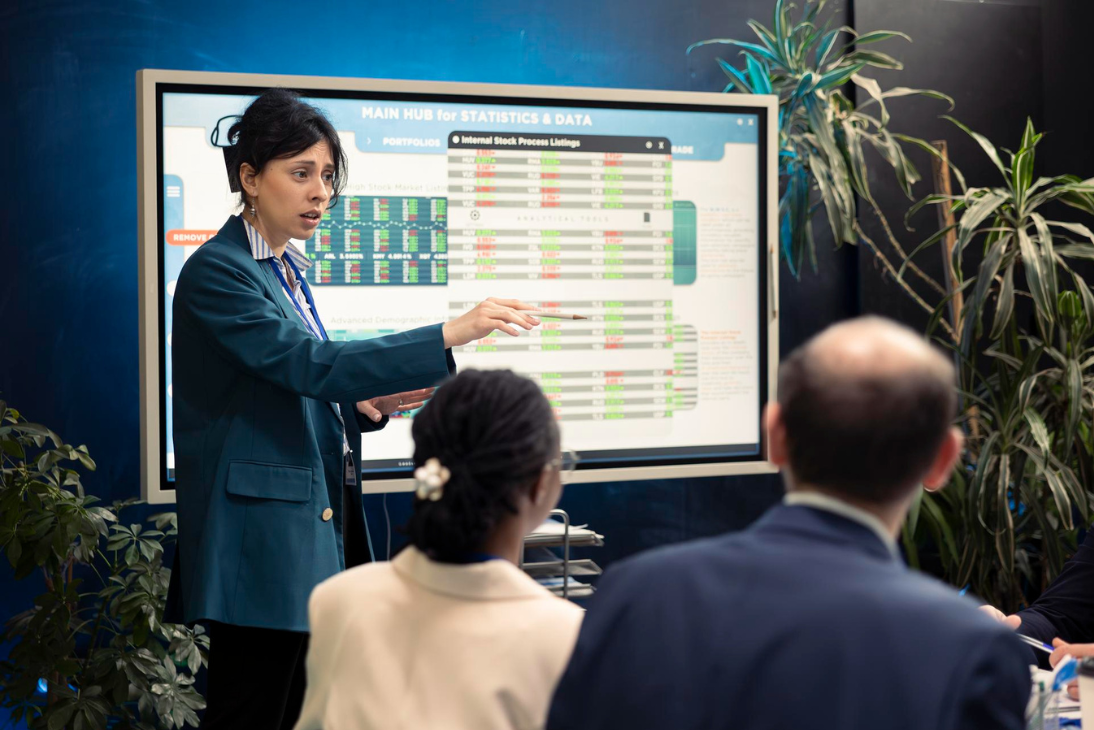Seminar for Professional
Seminars serve as a powerful platform for professionals to gain cutting edge knowledge, exchange ideas, and build essential skills. These events offer a unique opportunity to interact with industry leaders, engage in thought provoking discussions, and learn best practices that can be immediately applied to real world situations. Through engaging workshops and expert led sessions, participants are exposed to new perspectives and innovative solutions that foster personal and professional growth. Additionally, seminars provide a space for networking, allowing individuals to connect with like minded professionals, potential mentors, and collaborators. As industries evolve, staying updated with the latest trends and technologies is critical, and seminars offer an effective way to stay ahead of the curve. By participating, attendees enhance their abilities, leadership qualities.




